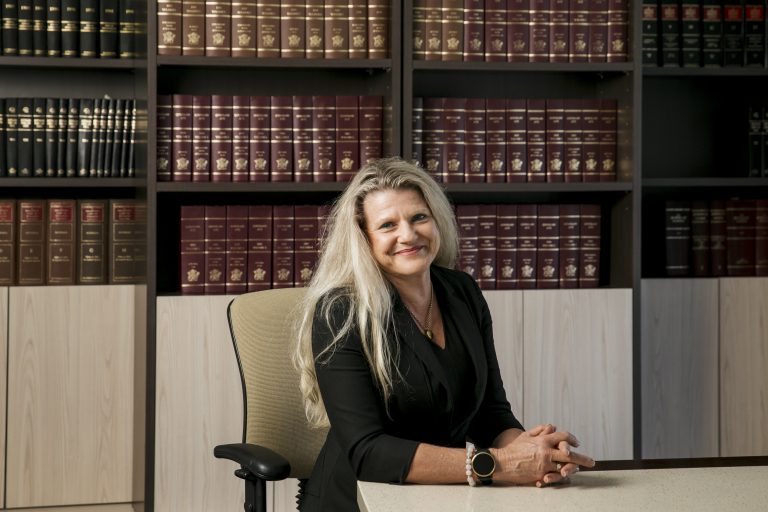Disclaimer: This article provides general information explaining complex legal concepts, please contact Butler McDermott Lawyers for legal advice.
Have you been appointed as executor of a will of a loved one? You may have started to get through the process but have been asked about a grant of probate before you can access some funds.
Here is what a grant of probate is and how Butler McDermott can guide you through the process of honouring the will of your loved one.
What is a Grant of Probate?
A grant of probate is a document issued by the court after the court is satisfied that the person making the application, known as the executor, has proved that the will is the last valid will of the deceased.
The executor of the will is the person identified in the will who has the responsibility to administer the estate in accordance with the terms of the will.
When Do You Need a Grant of Probate?
Arguably, every executor should obtain a grant of probate in Queensland. By obtaining a grant of probate the executor will not be liable for making distributions from the estate in accordance with the will, if for example it is later discovered that there is a more current will than the one the executor has been acting upon.
However, usually a grant of probate is obtained because it is necessary to be able to access assets held by the deceased.
An organisation such as a bank or share registry may request a grant of probate to secure themselves from any liability. They will often require a grant of probate to release funds in the following situations:
- Where more than $40 000 is held in the deceased person’s bank account
- Where more than $15 000 is held in shares
- Where there is superannuation
- Where a refundable accommodation deposit is payable.
You may also want a grant of probate for peace of mind where you feel uncertain or where litigation is involved.
What is the Process for Grant of Probate in Queensland?
The process for obtaining a grant of probate can take around four to eight weeks. The process involves the following steps.
1. Advertise your intention to apply
You must publish your intention to apply for a grant of probate in a digital publication called the Queensland Law Reporter. There are costs involved in advertising fees.
There are specific requirements for the wording, and so we recommend using the standard form of wording which can be found here: Form 103.
2. Give notice to the Public Trustee
As well as having the notice published in the Queensland Law Reporter you are also required to serve the notice to the Public Trustee.
3. Wait 14 days to give the opportunity for objection
You must wait 14 days from the date that your notice appeared in the Queensland Law Reporter for objections.
You must also wait 7 days to file your application from when the Public Trustee receives your application.
If somebody claims to have an interest in the estate objects, they will likely file a caveat preventing you from progressing with the probate application.
However, if there are no objections after 14 days or any objections are resolved, you may file your application in the Supreme Court
4. Prepare the required documents for you application
There are numerous documents that you will need to obtain and prepare for your application, including:
- An originating application;
- An affidavit in support of your application exhibiting:
- the will
- an original death certificate issued by the Registry of Births, Deaths and Marriages
- An affidavit of publication and service exhibiting the notice of your intention to apply for the grant of probate
Be aware that strict legal requirements must be followed in the preparation and filing of these documents and most of these documents are not returned by the court. If you need any of these documents such as the death certificate, you will need to obtain another one.
5. File your application to the Supreme Court
Once completed you are then required to provide all the necessary documentation to the Supreme Court by:
- Delivery in person; or
- Postage
There will also be a filing fee payable which is to be paid at the time you make your application by providing the prepared documents in the Court.
6. Receive the grant
There is a similar process involved for a grant of letters of administration, which, similar to a grant of probate provides a person with the authority to deal with and distribute a deceased person’s assets where they have no will.
After you have received the grant of probate you can start distributing the estate according to the will. It is important that you get advice prior to distributing the assets pursuant to the will, as in some cases you may be liable for distributing the assets of a deceased person should you do so earlier than six (6) months after a person’s passing.

Why Do You Need a Lawyer to Help You with a Grant of Probate?
As you can see, acquiring a grant of probate is quite a technical and complex process. There are several documents needed throughout the process, which must comply with the Uniform Civil Procedure Rules.
It is best to engage with your lawyers at Butler McDermott to help draft your application. We will ensure that all requirements are met in a timely manner and that we avoid unnecessary issues.




















